Theatre and Evolution from Ibsen to Beckett
KIRSTEN E. SHEPHERD-BARR
Theatre and Evolution from Ibsen to Beckett
COLUMBIA UNIVERSITY PRESS

NEW YORK
Columbia University Press
Publishers Since 1893
New York Chichester, West Sussex
cup.columbia.edu
Copyright 2015 Kirsten E. Shepherd-Barr
All rights reserved
E-ISBN 978-0-231-53892-3
Library of Congress Cataloging-in-Publication Data
Shepherd-Barr, Kirsten, 1966
Theatre and evolution from Ibsen to Beckett / Kirsten E. Shepherd-Barr.
pages cm
Includes bibliographical references and index.
ISBN 978-0-231-16470-2 (cloth : alk. paper)
ISBN 978-0-231-53892-3 (e-book)
1. Science and the artsHistory. 2. Theater and societyHistory. 3. Evolution (Biology). 4. Darwin, Charles, 18091882Influence. 5. ScienceSocial aspectsHistory. I. Title.
NX180.S3S54 2015
700.1'05dc23
2014028479
A Columbia University Press E-book.
CUP would be pleased to hear about your reading experience with this e-book at .
COVER DESIGN: Noah Arlow
COVER IMAGE: Fiona Shaw as Winnie, in Samuel Beckett, Happy Days (directed by Deborah Warner, BAM Harvey Theater, January 2008). (Photograph by Hiroyuki Ito/Getty Images)
References to Web sites (URLs) were accurate at the time of writing. Neither the author nor Columbia University Press is responsible for URLs that may have expired or changed since the manuscript was prepared.
For Alastair
Contents
Interdisciplinary work poses many challenges, not least to attain adequate knowledge of several different, and seemingly unrelated, fields. There are two main points to make about this problem. One is that, as Neil Vickers puts it, interdisciplinarity is only valuable if one retains the academic standards and norms of ones own discipline. The other is the argument of (truly interdisciplinary) neuroscientist and former theatre director Stuart Firestein that the questions asked are more important than the answers given. I hope this book presents not only answers to how theatre and evolutionary thought have interacted but also many new and intriguing questions.

This project was made possible through the generous help of many colleagues and institutions. It began with an invitation from Rebecca Stott to organize a panel on Darwin and the Theatre for the international Darwin Festival in Cambridge, England, in 2009. The ideas and the relationships formed there have been truly inspiring. A fellowship from the Leverhulme Trust 20112012 enabled me to complete the research and draft most of the book, and I am deeply grateful for this support. I also thank the Faculty of English at the University of Oxford for granting several periods of leave, funds for research assistance and travel to conferences, and help with permissions; I could not have completed the project without the Facultys support and that of the John Fell Fund of the University of Oxford. St. Catherines College has also provided invaluable support in the form of several periods of leave, generous financial assistance, and a uniquely interdisciplinary environment in which to work.
Many individuals have given generously of their time and advice. I am especially grateful to Stuart Firestein for enthusiastically supporting the book from its inception, to Martin Puchner for his astute reading of the entire manuscript, and to Sos Eltis, whose extraordinary knowledge of Victorian and modern drama has enriched my work; she patiently read and commented on drafts of chapters, and many of the plays I discuss in the book were her suggestions. Laura Marcus has given ongoing encouragement and support and I have benefited enormously from her expertise. Conversations with Jane Goodall anchored and clarified some of my ideas and stimulated the chapter on Beckett in particular; I have cherished these opportunities to learn from her. Jean-Michel Rabat kindly read a draft of the Beckett chapter and offered invaluable suggestions, and Peter Fifield shared his wealth of knowledge and expert advice on many occasions. Other colleagues whose suggestions have helped develop and strengthen my project include John Holmes, Narve Fulss, Sally Shuttleworth, John Bolin, James Secord, Will Abberley, and Chris Ponting. Discussions with Alastair Barr, Gordon M. Shepherd, and Gordon M. G. Shepherd have further enriched my understanding of a wide range of scientific fields and concepts.
Several colleagues have generously shared material with me, and I am especially grateful to Tore Rem, Eivind Tjnneland, Joanne E. Gates, Pietro Corsi, Michael Billington, and Elinor Shaffer. John Holmes, Helen Small, Michael Whitworth, and George Levine patiently read research proposal drafts and offered valuable advice. Sophie Duncan provided research assistance over several years, and I could not have completed this project without her skilful and insightful help. My undergraduate and postgraduate students have been a delightful and challenging sounding board for many of the ideas in this book, and I have learned so much from them, as I have from the ever-widening literature and science circle here at Oxford. The newly-established TORCH (The Oxford Research Centre for the Humanities) has also been invaluable in providing a home for Ibsen and Scandinavian Studies here at Oxford and strengthening my work in these areas.
Colleagues at St. Catherines have given exceptional encouragement and support, in particular Bart Van Es and Jeremy Dimmick, Richard Parish in helping with French translations, and Barrie Juniper for sharing his wealth of botanical knowledge. College librarian Luda Gromova speedily procured every conceivable book I needed. The librarians in the Social Science Library, Oxford, have also been extremely helpful. My thanks also go to the archivists of the Fales Collection, who assisted me greatly with my research on Elizabeth Robins, and to the librarians at the British Library for helping me navigate the extraordinary resources of the Lord Chamberlain Collection of Plays.
I am grateful for the opportunities to share my work in progress in the Department of Drama and Performance at the University of Exeter; the Northern Modernisms conference in Birmingham; the Samuel Beckett: Debts and Legacies seminar series at Oxford; the University of Warwicks Beckett and the Brain project; the Samuel Beckett Centre at Trinity College, Dublin; the Ibsen Centre at the University of Oslo; the International Federation for Theatre Research conferences; and the Drama and Performance seminar series here at Oxford and other places. My thanks also go to Bernard Lightman and Bennett Zon for commissioning me to write a chapter on theatre and evolution for their book Evolution and Victorian Culture (Cambridge: Cambridge University Press, 2014); their comments have been invaluable for the opening chapters of my book. The editors of Women: A Cultural Review also deserve my thanks for their encouragement in publishing my article on James A. Herne and Elizabeth Robins.

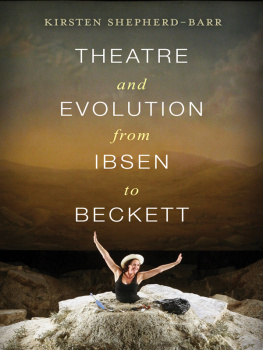
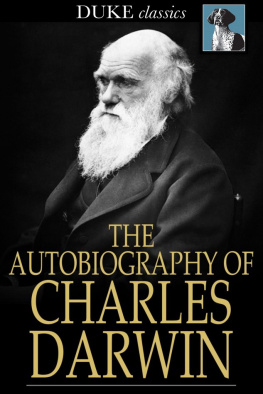
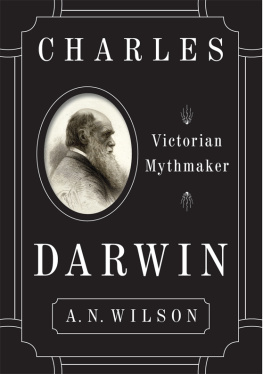
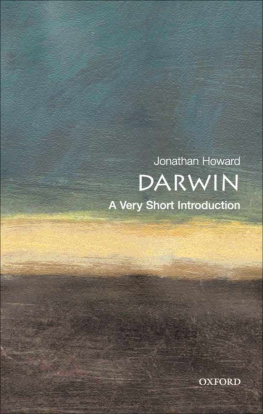
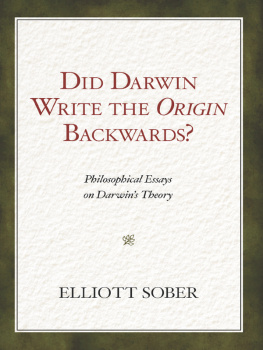
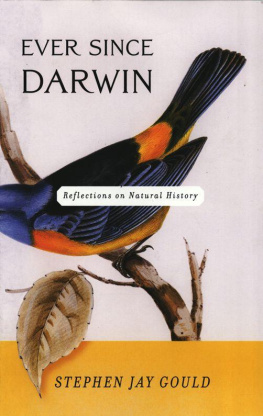
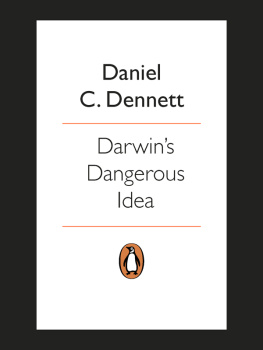

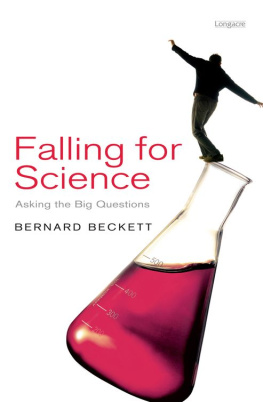
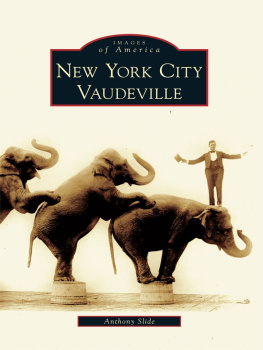

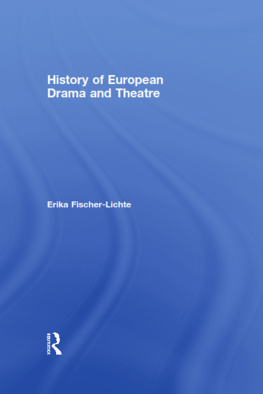
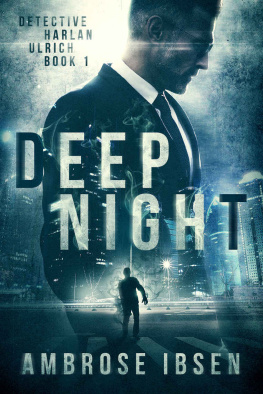
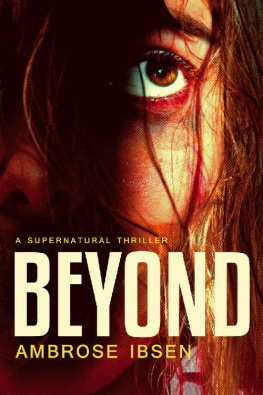
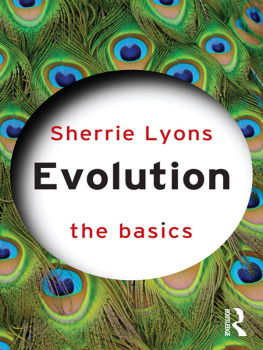

 NEW YORK
NEW YORK